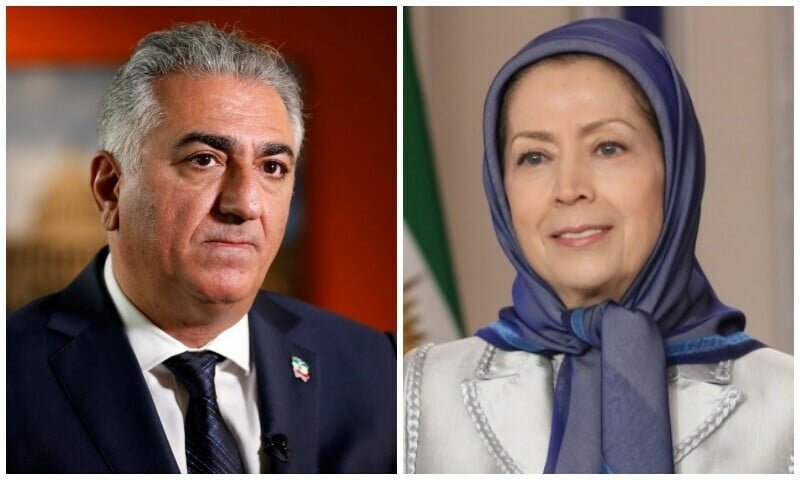The Call for Change in Iran: Opposition Leaders Demand Khamenei’s Resignation
In a dramatic turn of events, leaders of two notable Iranian opposition factions have recently called for the resignation of Supreme Leader Ayatollah Ali Khamenei. Their demands come in the wake of heightened tensions and American strikes on Iranian nuclear facilities. Reza Pahlavi, the son of Iran’s former monarch, and Maryam Rajavi, leader of the People’s Mujahedin (MEK), emphasize that Khamenei’s departure could help prevent further bloodshed as conflict escalates between Iran and Israel.
Pahlavi and Rajavi’s statements resonate with those concerned about Khamenei’s leadership, which has faced mounting criticism since he took power in 1989. Interestingly, analysts speculate about Khamenei’s current whereabouts, citing rumors that he may be residing in a bunker, disconnected from the outside world. This adds an air of mystery around his leadership during one of Iran’s most turbulent periods.
Both opposition leaders argue that Khamenei’s withdrawal from power is critical for peace. Rajavi openly stated, “No to appeasement, no to war, and yes to regime change.” She believes that the current regime’s pursuit of power has only led to chaos and devastation, and insists that the Iranian people deserve better.
Pahlavi echoed this sentiment, suggesting that the best path forward for Iran is through change in its leadership. He voiced, “The only sure way to achieve peace is for this regime to now end.” His words reflect a deep-seated frustration with the government’s actions, especially as military operations intensify.
Adding to the conversation, Nobel Peace Prize winner Narges Mohammadi, who remains imprisoned in Iran, also condemned the Iranian government as a "religious, authoritarian, and misogynistic regime." While she criticized the regime strongly, she took a different stance regarding the ongoing conflict, advocating for an immediate ceasefire between Iran and its adversaries. Her belief in resolving issues through dialogue rather than violence reflects a growing desire for peaceful resolution among many Iranians.
In summary, the calls for Khamenei’s resignation and a shift away from the current regime highlight a critical moment in Iranian history. With the backdrop of military conflict and global attention, the question remains: can a peaceful transition lead to a brighter future for Iran? As discussions unfold, international observers will be closely watching how these dynamics play out in the coming days and weeks. The voices of the opposition resonate not just within Iran but across the globe, urging for a collective stand against authoritarianism and for the rights of the Iranian people.





